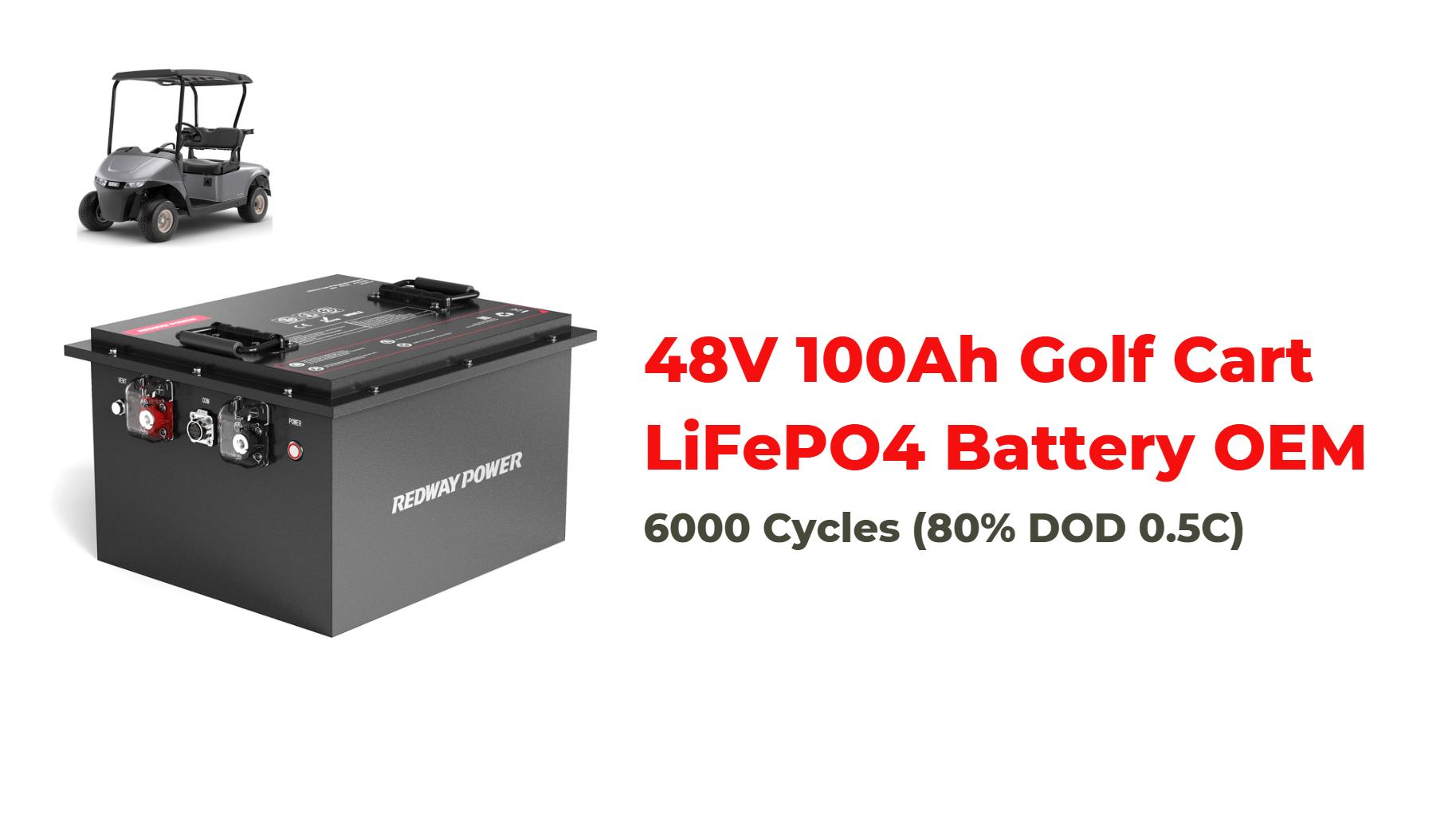
What You Need to Know About LiFePO4 Batteries
Lithium Iron Phosphate (LiFePO4) batteries are gaining popularity due to their safety, longevity, and efficiency across various applications, including solar energy storage and electric vehicles. Understanding how to monitor these batteries, their types, and where to find the cheapest options is essential for maximizing their benefits.
What Are the Key Features of LiFePO4 Batteries?
LiFePO4 batteries are characterized by several key features:
- Long Cycle Life: They can endure over 3000 charge-discharge cycles, often exceeding 10,000 cycles under optimal conditions.
- Safety: These batteries have a lower risk of thermal runaway compared to other lithium-ion batteries.
- High Efficiency: They exhibit excellent charge and discharge efficiency, typically around 90%.
- Environmental Friendliness: Made from non-toxic materials, they are easier to recycle than other lithium technologies.
These features make LiFePO4 batteries an excellent choice for various applications.
How Do You Monitor a LiFePO4 Battery Effectively?
Monitoring a LiFePO4 battery is crucial for maintaining its health and performance. Here are some effective methods:
- Battery Monitors: Devices specifically designed to track voltage, current, and temperature can provide real-time data.
- Smartphone Apps: Many modern battery management systems (BMS) offer apps that allow users to monitor battery status remotely.
- Regular Inspections: Physically checking connections and terminals can help prevent issues before they arise.
Using these monitoring methods ensures optimal performance and longevity.
What Are the Different Types of LiFePO4 Batteries Available?
LiFePO4 batteries come in various configurations, including:
- Cylindrical Cells: Commonly used in portable electronics and power tools.
- Prismatic Cells: Ideal for solar energy storage systems due to their efficient space utilization.
- Pouch Cells: Preferred in applications requiring lightweight and low-profile designs.
Each type has unique advantages that cater to specific application needs.
How Does a 24V LiFePO4 Battery Compare to a 48V Battery?
When comparing 24V and 48V LiFePO4 batteries, consider:
- Voltage Output: A 48V battery provides higher voltage suitable for larger systems, while a 24V battery is ideal for smaller applications.
- Capacity Options: Both types come in various capacities (e.g., 100Ah, 200Ah), but higher voltage systems typically support higher power loads.
- Application Suitability: A 24V battery is often used in smaller solar setups or RVs, while a 48V battery is preferred for larger solar installations or electric vehicles.
Understanding these differences helps users select the appropriate battery based on their specific needs.
Where Can You Find the Cheapest LiFePO4 Batteries?
Finding the cheapest LiFePO4 batteries involves researching various brands and retailers:
- Online Retailers: Websites like Amazon or specialized battery retailers often have competitive pricing.
- Local Distributors: Check local hardware or electronics stores that may offer discounts or bulk purchasing options.
- Brand Comparisons: Brands like Weize and Eco-worthy often provide affordable options without compromising quality.
By exploring these avenues, consumers can find cost-effective solutions that meet their energy needs.
Expert Views
“LiFePO4 technology represents a significant advancement in battery technology,” states Dr. Sarah Johnson, an expert in renewable energy systems. “Its combination of safety, efficiency, and environmental friendliness makes it an ideal choice for modern energy storage solutions.”
FAQ Section
Q: How long do LiFePO4 batteries typically last?
A: With proper care, they can last between 3000 to over 7000 cycles, depending on usage conditions.Q: Are there any safety concerns with using lithium iron phosphate batteries?
A: No, they are generally considered safer than other lithium-ion batteries due to their thermal stability and lower risk of fire.Q: What is the best way to charge a LiFePO4 battery?
A: Use a charger specifically designed for lithium iron phosphate batteries that follows the CC/CV charging method.
